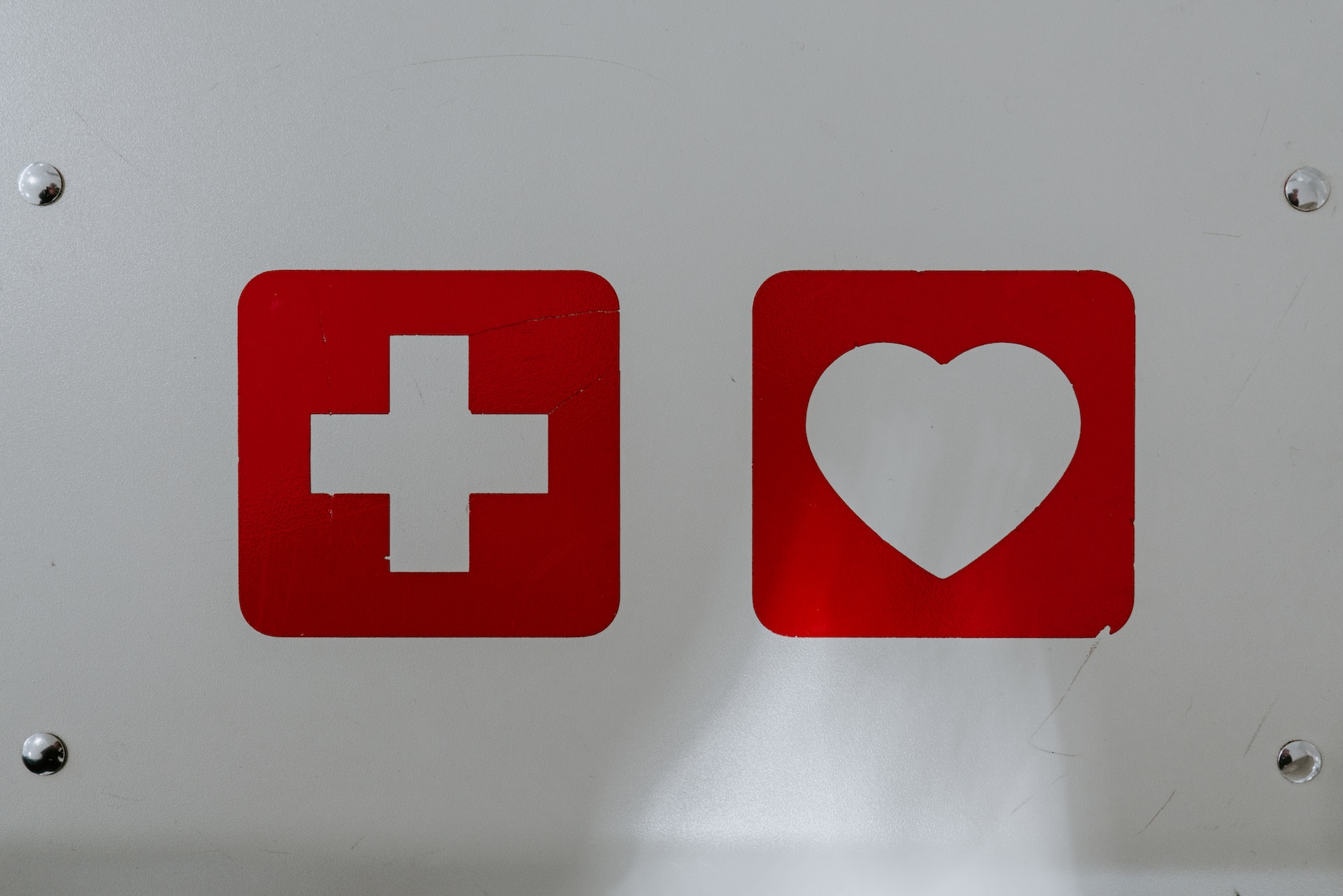Accuracy and promptness are highly valued in today’s medical system. The healthcare industry’s efforts to standardize practices have, without a question, greatly improved the quality of care provided to patients. Less time spent on administrative activities and improved patient outcomes are only two of the many benefits that can accrue when medical procedures are simplified.
Patient Engagement and Satisfaction
Patients nowadays value convenience and speed while seeking medical attention. Healthcare process simplification for happier, more engaged patients. Online portals and mobile apps simplify access to medical records, appointment scheduling, and two-way contact between patients and healthcare providers.
Patient satisfaction increases when waiting times are reduced and paperwork is simplified through process optimization. Patients place a high value on being able to electronically manage their medicines, appointments, and lab results. This could lead to happier patients who are more likely to recommend their doctors to others
Enhanced Cost Efficiency
Both the healthcare provider and the patient can save money by streamlining their operations. There is less paperwork and less time spent manually entering data thanks to MediMobile Charge Capture Software chores like billing and claims processing. When these tasks are automated, the time and money spent on billing disputes is reduced, errors are eliminated, and claims are processed more quickly.
Healthcare providers can make greater use of available resources by simplifying their operations. Predictive analytics helps hospitals and clinics more accurately predict patient intakes and allocate staff members, mitigating the risks of both under- and over-staffing. This helps keep the quality of care high while reducing wasteful spending
Improved Patient Care
The quality of treatment provided to patients benefits directly from efforts to streamline medical procedures. If medical professionals could spend less time on paperwork and more time with patients, care quality would increase. Patients benefit from improved access to their medical records, shorter wait times, and greater care coordination when healthcare processes are streamlined. Improved health outcomes are a direct result of faster diagnosis and more precise therapy.
Electronic health records (EHRs) considerably simplify the archiving and retrieval of patient information. In order to make educated decisions and efficiently coordinate care, doctors can now instantly assess a patient’s medical history, previous treatments, and test findings. This not only reduces patient wait times and boosts care quality, but it also helps the patient’s schedule.
Increased Productivity
If healthcare processes could be simplified, doctors and nurses might potentially accomplish considerably more. When mundane tasks and paperwork are taken care of automatically, doctors and nurses can spend more time with patients and provide better care overall.
Enhanced Data Security
Information security breaches are a constant risk in the modern world, but this risk can be mitigated by enhancing medical workflow efficiency. Electronic health records and digital patient information are typically more secure than paper records. Protecting sensitive patient data requires robust authentication and encryption.
Endnote
When medical procedures are made easier, everyone benefits, from patients to doctors. Healthcare facilities need to incorporate new technologies and streamline procedures to deliver outstanding care while making the most of limited money.



















